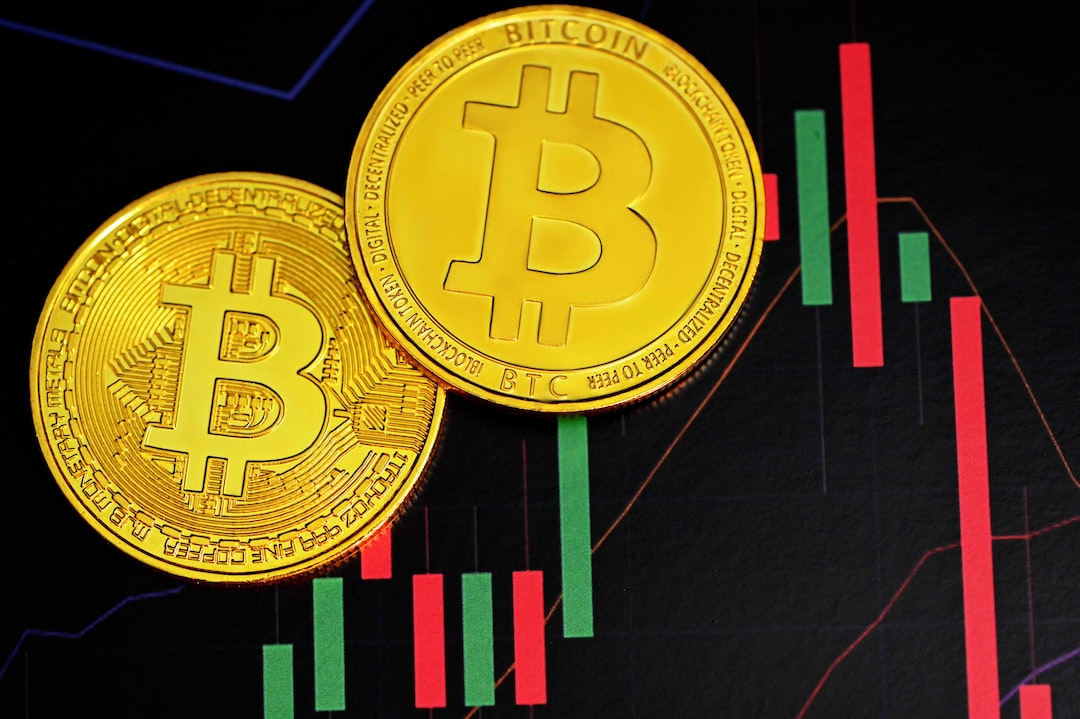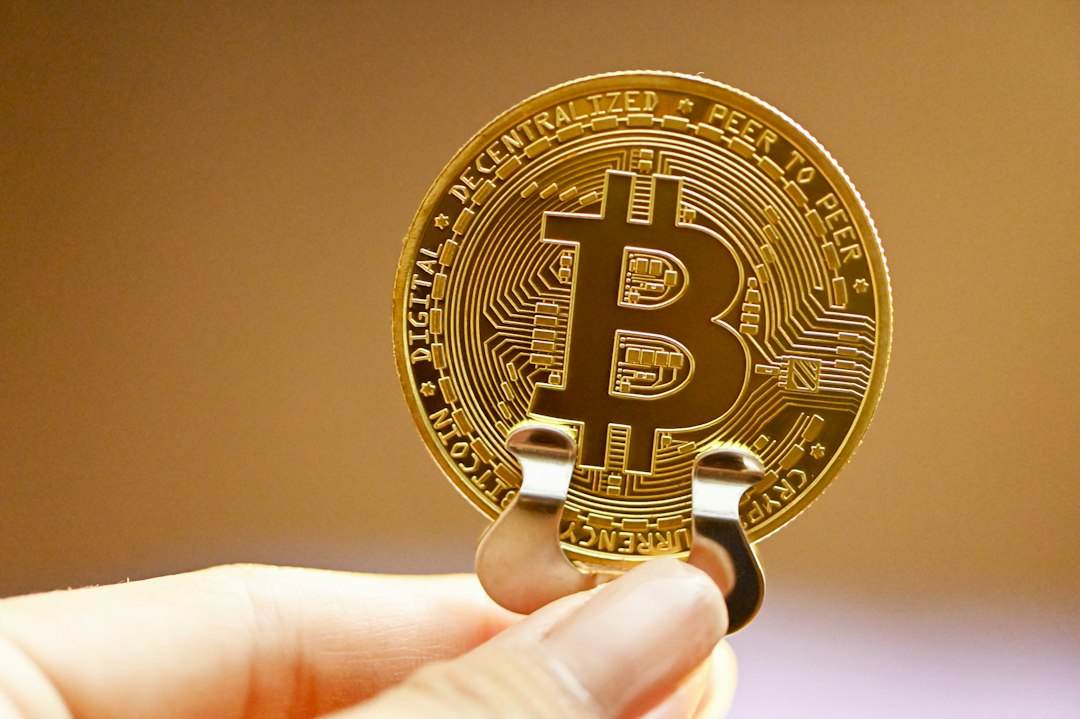Hong Kong Securities Watchdog Publishes Circulars on Digital Asset Tokenization
The Securities and Futures Commission (SFC) of Hong Kong has released two circulars to regulate digital asset tokenization activities in the city. These circulars provide guidance for intermediaries involved in tokenized securities-related activities and outline the requirements for tokenizing SFC-authorized investment products. The SFC considers tokenized securities to be traditional securities with a tokenization wrapper, therefore subjecting them to existing legal and regulatory requirements governing traditional securities markets. Offerings of tokenized securities must comply with the prospectus regime under the Companies Ordinance and the offers of investments regime under Part IV of the Securities and Futures Ordinance. Intermediaries advising on tokenized securities, managing tokenized funds, or trading tokenized securities on virtual asset trading platforms must also adhere to existing conduct requirements for securities-related activities.
Requirements for Virtual Asset Trading Platforms
According to the circulars, licensed trading platforms must have an approved compensation arrangement to cover potential losses of security tokens. However, the SFC may consider excluding certain tokenized securities from this requirement on a case-by-case basis if the trading platform can demonstrate effective mitigation of financial risks for clients holding those tokens. For example, platforms may implement administrative controls like transfer restrictions or whitelisting. HashKey Exchange, a licensed crypto exchange in Hong Kong, is currently exploring real-world asset tokenization and is in talks with the SFC regarding these initiatives.
Growing Interest in Tokenization
The SFC has observed increasing interest from financial institutions in tokenizing traditional financial instruments globally. The regulator has been assessing various proposals for tokenizing SFC-authorized investment products, including primary dealing and secondary trading on licensed virtual asset trading platforms. While recognizing the potential benefits of tokenization in increasing efficiency, enhancing transparency, reducing settlement time, and lowering costs, the SFC is also aware of the new risks associated with this technology.
Hot Take: Hong Kong Takes Steps to Regulate Digital Asset Tokenization
Hong Kong’s Securities and Futures Commission has released circulars providing guidance and requirements for intermediaries engaging in digital asset tokenization activities. This move solidifies Hong Kong’s positioning as a web3 hub in Asia. The SFC considers tokenized securities to be traditional securities and subject them to existing legal and regulatory requirements. Additionally, licensed trading platforms must have compensation arrangements to cover potential losses of security tokens. While tokenization offers benefits like increased efficiency and transparency, the SFC acknowledges the risks associated with this technology. Overall, these regulatory measures demonstrate Hong Kong’s commitment to embracing digital asset tokenization while ensuring investor protection and market integrity.





 By
By
 By
By
 By
By

 By
By
 By
By